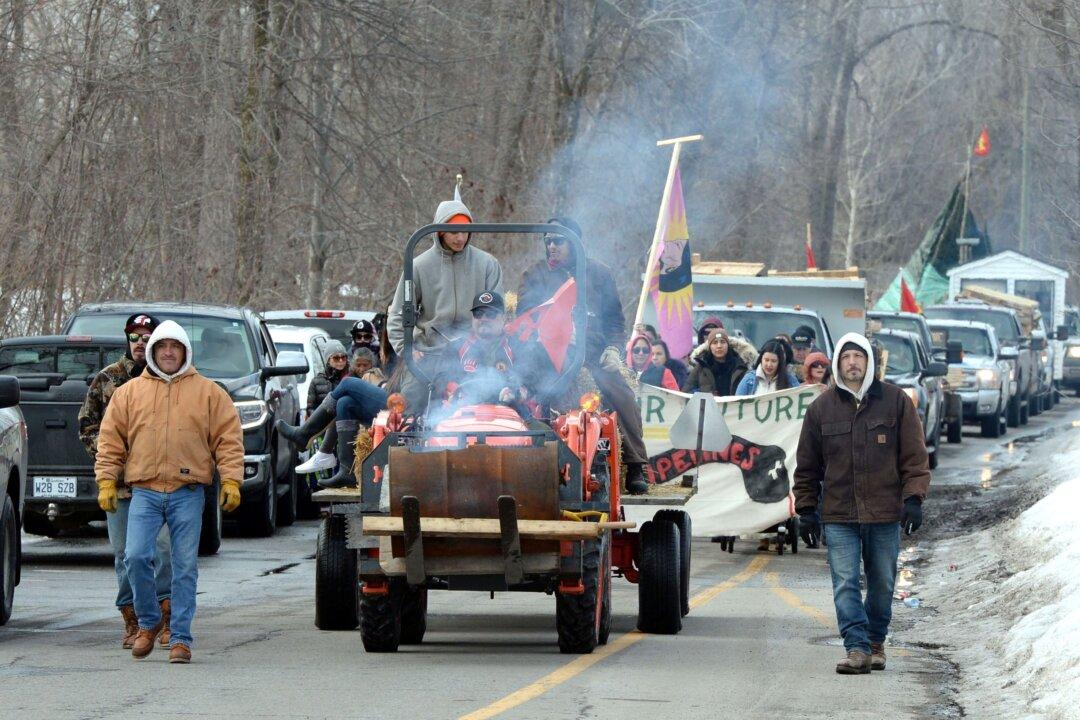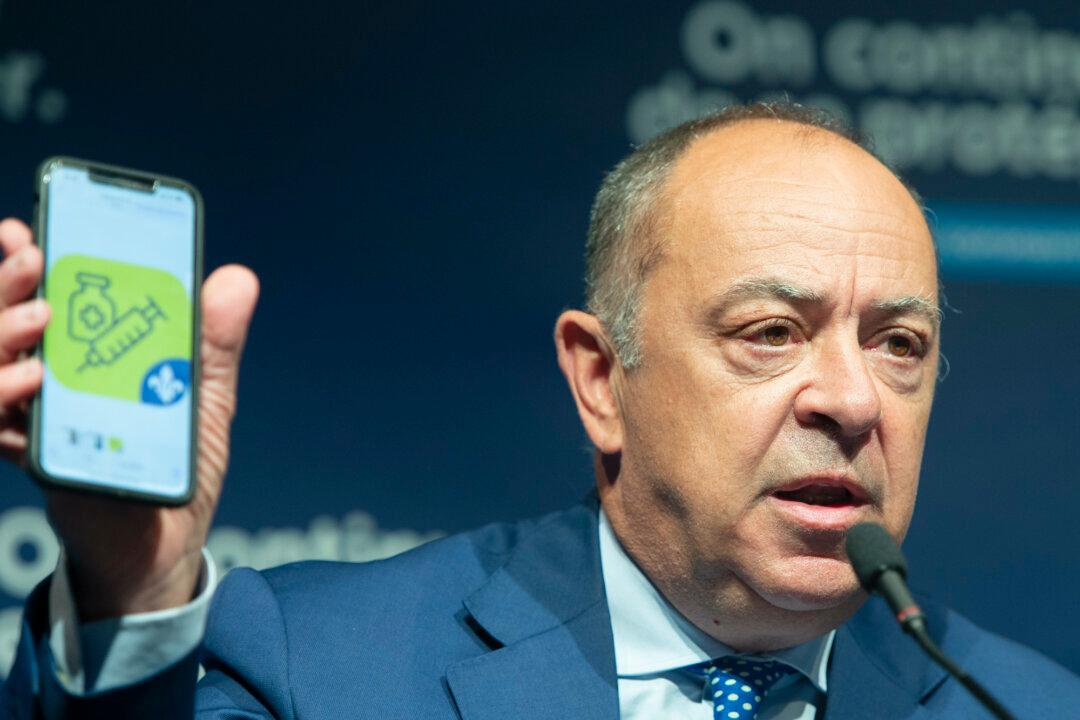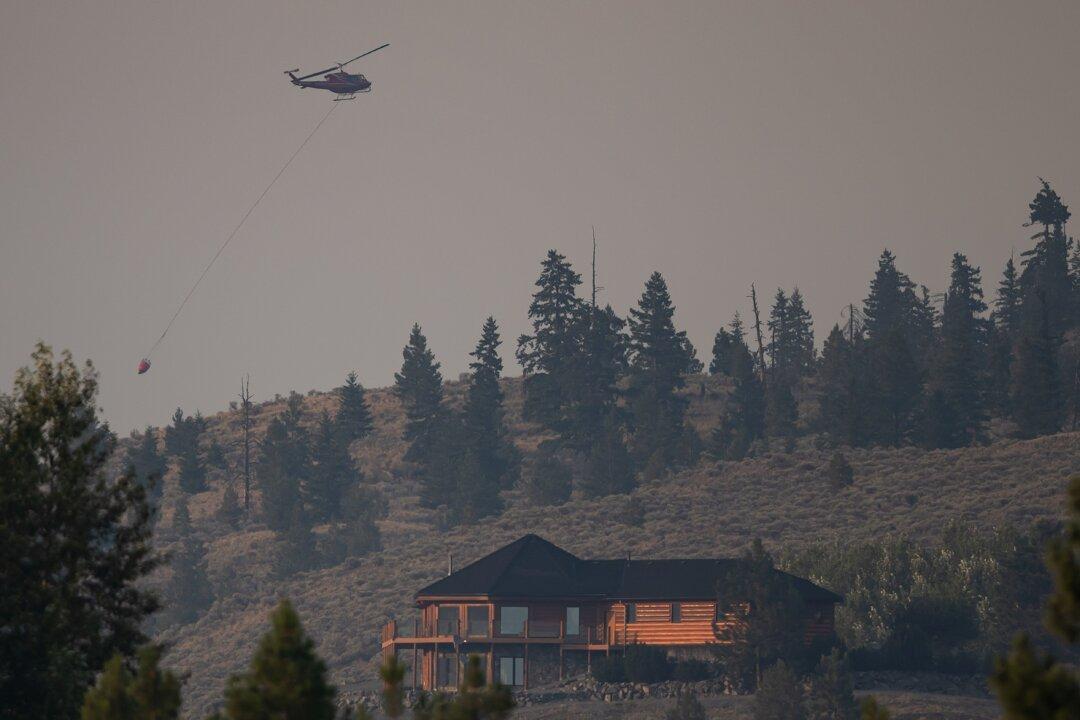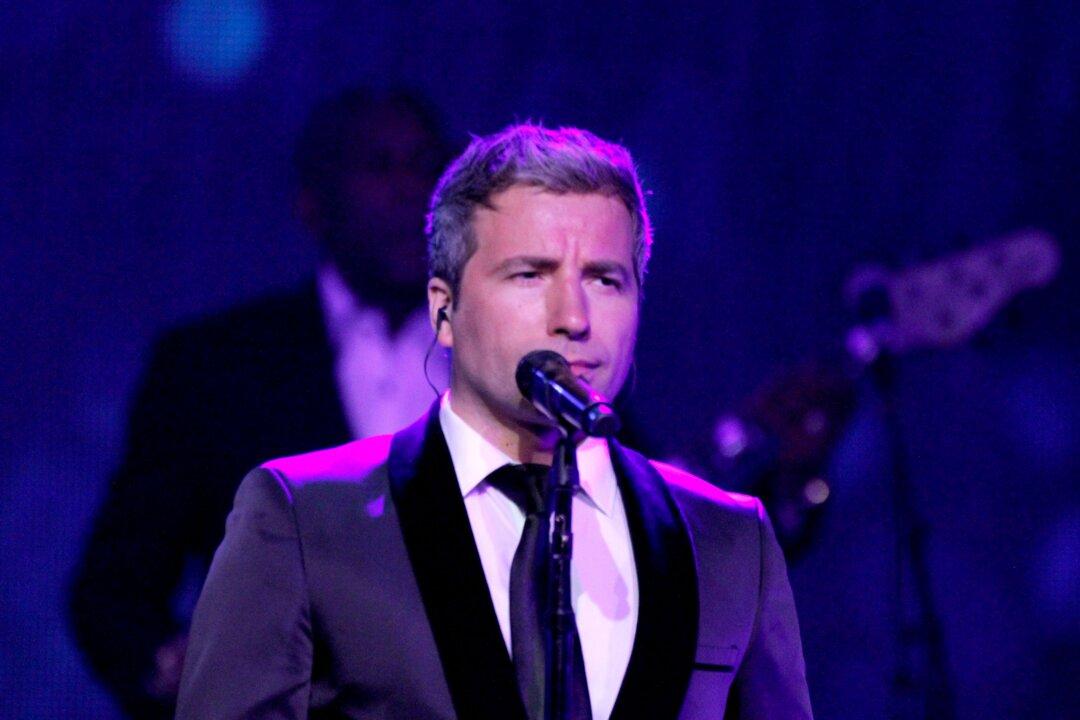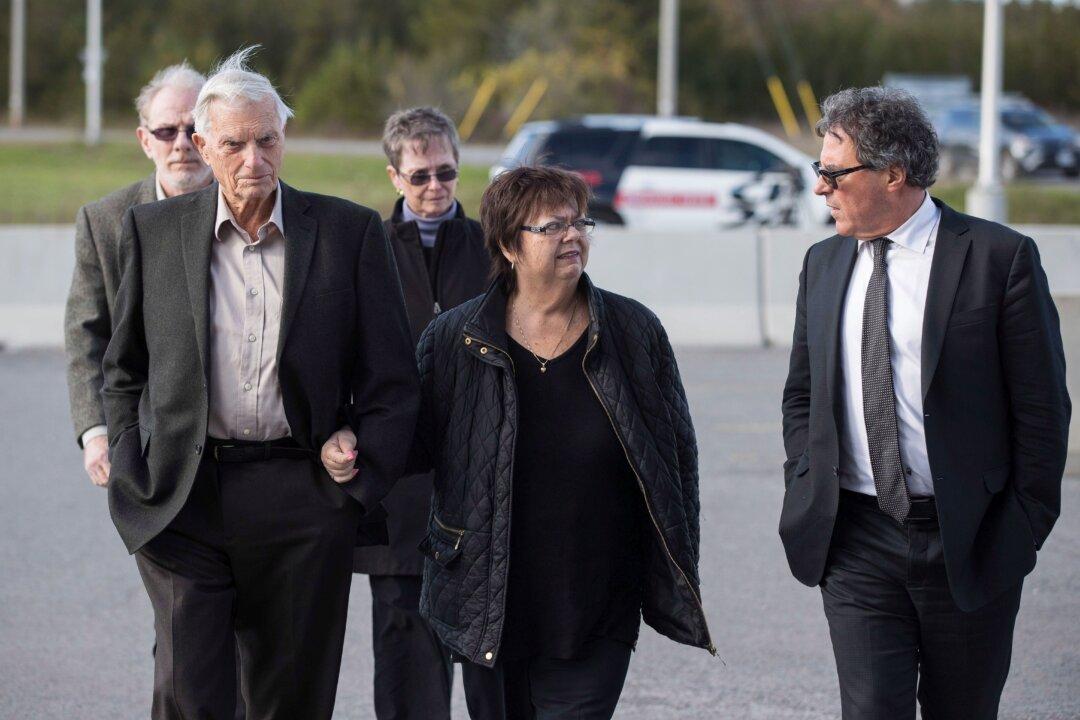More than a week after federal and provincial ministers made a deal with Wet’suwet’en hereditary chiefs protesting a natural gas pipeline, elected Wet’suwet’en leaders say they haven’t yet seen details of the deal, which will implement a 22-year-old Supreme Court of Canada decision over aboriginal rights and title in their region.
“We were excluded from the process,” said Wet’suwet’en First Nation Chief Maureen Luggi of the meetings held over three days between the hereditary chiefs and Indigenous-Crown Relations Minister Carolyn Bennett and her provincial B.C. counterpart Scott Fraser.
